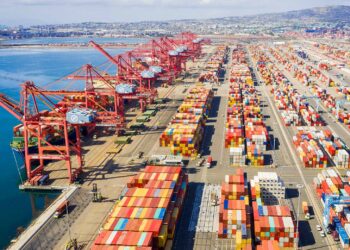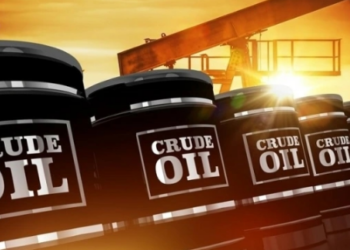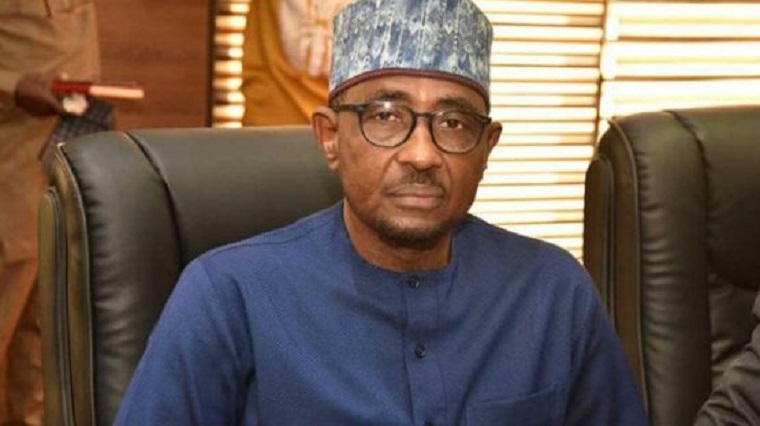Nigeria, Africa’s top oil producer and home to the second-largest reserves on the continent, is expected to benefit from the rise in oil prices in many ways.
Oil prices are currently inching closer to $70 per barrel as the positive outlook of a return to global economic recovery swells investor sentiments.
Historically, there has been a strong positive correlation between crude oil prices and the performance of the Nigerian economy. For example, when oil prices plummeted due to the COVID-19 outbreak and the implementation of lockdown protocols in 2020, the Nigerian government scaled down the budget to align better with the drop in crude oil price.
Now that there is a surge in oil price, we should expect that there would be an increase in government revenue translating to a stirring-up of aggregate demand.
READ: Nigeria records highest trade deficit since 1981
Why oil price is rising
The OPEC+ output restrains, despite the strong recovery of oil consumption, continues to give formidable fitting to bullish sentiments about soaring oil prices.
- Oil prices are rising as optimism about a strong rebound in fuel demand in developed countries overshadows concerns of full lockdown to curb covid-19 in India.
- Oil (BRENT) has seen a 34.3% increase Year to Date with the oil price at $69.34 showing an increase of +1.15% as of the time of writing this article.
What it means for the exchange rate
Perhaps the greatest benefit of the recent oil price rise is exchange rate stability. Since the crash in oil prices began in late 2019, Nigeria’s official currency has faced a barrage of sell pressure as local and foreign investors increase demand for the dollar.
This forced the central bank to curtain demand, implementing various forms of capital controls across the economy. With oil prices on the rise, Nigerians can begin to expect the following:
- An increase in government revenue, which also means higher dollar earnings and thus increased FX reserves. Nigeria’s FX reserve reportedly stands at $34.7 billion as of Tuesday, May 4th, 2021. Soaring oil prices strengthen the exchange rate and promote economic growth. This effect trickles down to higher reserves held by the CBN meant for stabilization of the currency.
- Higher oil prices could also mean a more stable economy thus propelling economic growth. This, in turn, attracts foreign investor dollars or at least retains what we already have and reduces the pressure on demand.
- Nigerians have intensified diversifying their currency holdings, keeping less of naira and holding more dollars as they hedge against depreciation. This has kept the pressure on the exchange rate over the last one and a half years. This trend could reverse if oil prices continue their steady rise.
READ: Dangote: Cement price from our factories is between N2,450 and N2,510 per bag, VAT inclusive
The implication? The parallel market exchange rate might appreciate closer to the NAFEX rate if this trend continues.
Hence, it is safe to presume that as the world resume business and travel activities, the demand for Black Gold will continue to increase, and with supply held steady by OPEC+ we can speculate that this is enough catalyst to relieve the pressure of FX demand and increase our foreign reserves thereby propelling growth.
However, the inclusivity of this growth may still be in question.





















